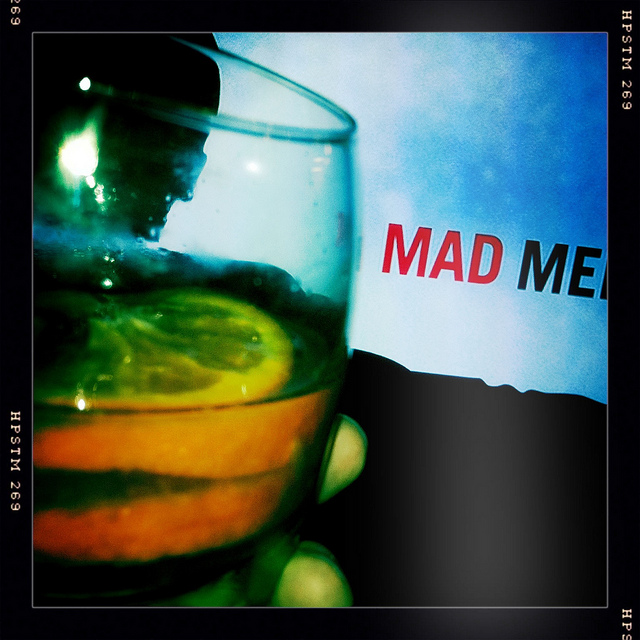Mad Men starts its final season on Sunday. It’s a victory lap for one of TV’s most successful products. It’s ironic (like the show) that its triumph happened on cable, which is the TV form not dependent on ads alone, and that it happens at a time of serious decline for advertising itself, which for over a century was the linchpin of the capitalist system.
At least that’s Jeremy Rifkin’s claim in his latest hosanna to the virtues of the Internet: The Zero Marginal Cost Society. Advertising belonged to a capital-heavy, hierarchical, vertically integrated era passing away, being replaced by a co-operative, horizontal, networked culture. So consumer reviews, directly accessed, supplant expensive ad campaigns from corporate HQs.
Despite some burbling, Rifkin is persuasive. He even makes you think advertising was always an odd idea. Why should any buyer take seriously the paid recommendations of the seller? Why wouldn’t you opt for views of others like yourself instead? How did they get away with this scam for so long? Advertising is a bizarre notion, a truly mad idea that worked for a while.
Think of the products that don’t require ads, starting with capitalism’s ultimate venue, the stock market, which doesn’t advertise! People who want to buy there know what they want and find it. But you can buy clothes and shoes too by just going out or online, levels of quality have reached a point that you can usually find something in stock that serves. Think of electronics: go to a store/site and get what’s there; it won’t differ appreciably from other versions.
This is what Rifkin means by the levelling of the marketplace toward zero marginal cost for almost anything and it’s one reason for the exaltation of brands. When products are otherwise hard to differentiate, you buy the brand, an almost mystical concept, like the names of the gods. But branding too may have overreached and, à la Rifkin, be transforming into its opposite.
I recently asked some students about last century’s greatest medical advance, the polio vaccine, which its inventor, Jonas Salk, stubbornly refused to patent, so that it’d be cheaply available anywhere. Why would he do that? I said. I expected they’d suggest goodness can be its own reward, or he’d win Fame in the ancient sense: eternal renown for doing something great for your nation or Humanity. But one student said: It would build his brand! What a lovely way to put it in this era. Branding too can be about profiting in a nonmonetary way.
As Don Draper’s realm slides toward oblivion, we begin to perceive how perverse some of its manifestations were. Like the key role of ads in journalism! What ever made anyone think news and ads could easily mix? It wasn’t always so. If you look at early newspapers, like William Lyon Mackenzie’s Colonial Advocate (Toronto in the 1830s), it’s a solid wall of news and opinion. The only ads are classified, from readers to readers, like the Internet. Ads came to dominate all other forms of income but it was an uncomfortable marriage; and it’s crazy to think the divorce won’t ultimately be a Good Thing, even if the stresses are agonizing now, especially for people working in journalism.
Or TV. Who could imagine TV without ads, it was always ads. But the best TV ever, like Mad Men, was done for cable, with its alternate revenue stream, coming straight from viewers. It’s a show on advertising that wouldn’t exist if it was based solely on ads. It’s managed to (partially) eliminate the middlemen and relate directly to its audience. Rogers recently swiped hockey from CBC precisely because it has that alternate stream while CBC, the publicly funded broadcaster, is fatally dependent on ads. This is an insane world overdue for demolition.
Will ads be missed? Definitely, for the creativity and other eternal impulses they embodied. Kids I know are already post-ad in their buying habits but love watching ads for their artistry and wit. Ads will survive like medieval cathedral art: monuments of expression, easily separated from the religious doctrines that once seemed integral to them. Mad Men was always a period piece. Human beings like seeing where they’ve been.
This article was first published in the Toronto Star.
Photo: Lan Bui/flickr



